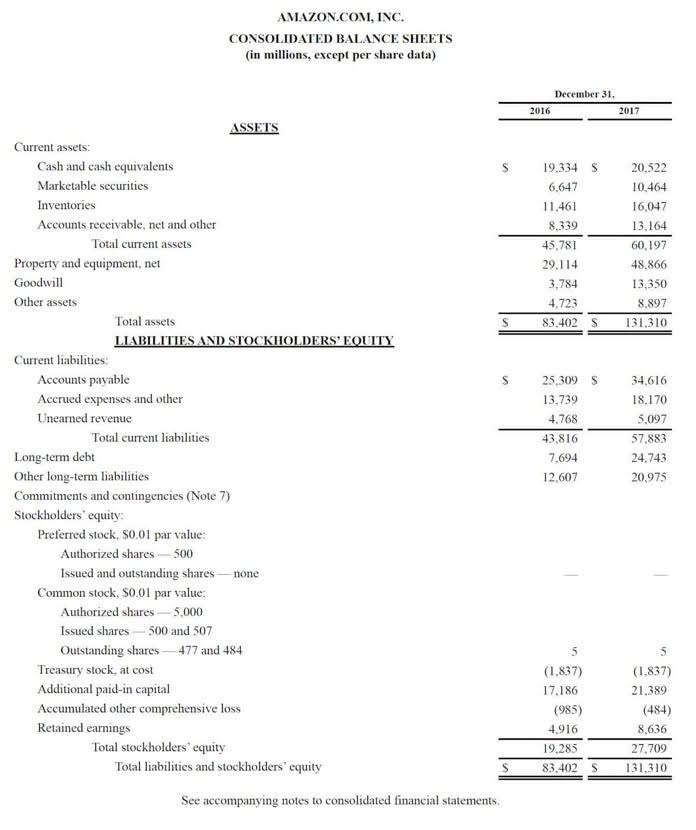Physical Address
304 North Cardinal St.
Dorchester Center, MA 02124
Physical Address
304 North Cardinal St.
Dorchester Center, MA 02124

Once you fill in the blanks to create a customer record, for example, you never have to look up that ZIP code again. Sites provide drop-down lists of customers wherever they’re necessary, primarily in transactions. Completed records get dedicated pages where you can access related information like historical activity. Zoho Books is the small business accounting element of Zoho’s business software ecosystem. You can integrate your accounting data with numerous related apps and functions, like CRM, customer service, and email. Its depth, flexibility, and usability in standard bookkeeping areas (inventory management, sales and purchases, and time and project tracking) equals and sometimes surpasses that of competitors.

Modern accounting firms face increasing pressure to adopt advanced IT solutions to streamline operations and enhance service delivery. To remain competitive, they must prioritize robust IT systems that support efficiency and adaptability. When an accountant uses cloud computing solutions, the business owner has immediate access via his computer to all accounting information.
Tech companies look at fixed costs Certified Bookkeeper (like rent) and the cost of goods sold (like making a product). The tech industry has its own set of accounting rules that help companies keep track of their money and growth. Outsourced accounting offers tech companies a way to handle their finances without having to do everything themselves.
It demands a methodical approach that measures progress and satisfaction of performance obligations, ensuring that companies reflect the reality of their service delivery within their financial statements. For international SaaS companies, adhering to IFRS 15 makes cross-border financial comparisons more feasible. SaaS revenue recognition is a pivotal aspect of accounting practices for companies in the software as a service industry. The adoption of ASC 606 and IFRS 15 has brought significant changes to how SaaS companies account for revenue, aiming for standardized processes that ensure consistency and transparency across the board. Leveraging Virtual Accounting Services can help SaaS companies navigate these complex standards efficiently. Accounting is the gross vs net process of keeping track of all financial transactions within a business, such as any money coming in and money going out.
Let’s explore the essentials that will keep your IT company financially sound and poised for growth. In the early stages of growth, tech companies often face high cash burn rates as they invest heavily in product development, marketing, and infrastructure. Without careful monitoring, these companies risk running out of capital before achieving profitability. Therefore, managing cash flow and burn rate is crucial for maintaining financial stability and ensuring long-term success. Accounting metrics are like the score in a video game; they show how well the company is doing. They include things like non-GAAP measures, which are special numbers tech companies use to show their real performance.

They actively track inventory levels, which provides insights into selling patterns and keeps you from running low. Early setup involves creating an account and answering questions about your business type and fiscal year. Some applications encourage you to enter a record or create a transaction to get your feet wet. For example, do you plan to use specific features such as inventory tracking and purchase orders? You can usually turn tools on or off, which can help you either simplify the user interface or accounting for tech companies maximize the functions. Depending on how long your business has been operating, getting started with a small business accounting service can take anywhere from five minutes to several hours after you sign up for an account.

Tech accountants navigate the nuances of the tech industry, including issues like digital asset valuation, software development costs, and intangibles. The Full Disclosure Principle mandates that any information significant enough to influence a financial decision should be disclosed in the company’s financial reports. This is integral when accounting for complex transactions and agreements common in tech industries. A practical understanding of this principle is essential for adherence to global standards such as those outlined in the ASC 606 software revenue recognition by PwC. Systems auditors work on the technical side of accounting information systems.

A turnkey system means, theoretically, that the business will get the optimal combination of hardware and software for its AIS. The data can be used to prepare accounting statements and financial reports, including accounts receivable aging, depreciation or amortization schedules, a trial balance, and a profit and loss statement. Examples of data that would not go into an AIS include memos, correspondence, presentations, and manuals. These documents might have a tangential relationship to the company’s finances, but, excluding the standard footnotes, they are not really part of the company’s financial record-keeping.
Here are three best practices that tech companies should be aware of in managing their accounting. The accounting process inside a tech company can be markedly different from that at a more traditional firm. We’ve already briefly mentioned a few of the factors that drive this, but it’s worth exploring them in a little more detail. This means keeping better records and understanding their balance sheet, which is a list of what they own and owe.